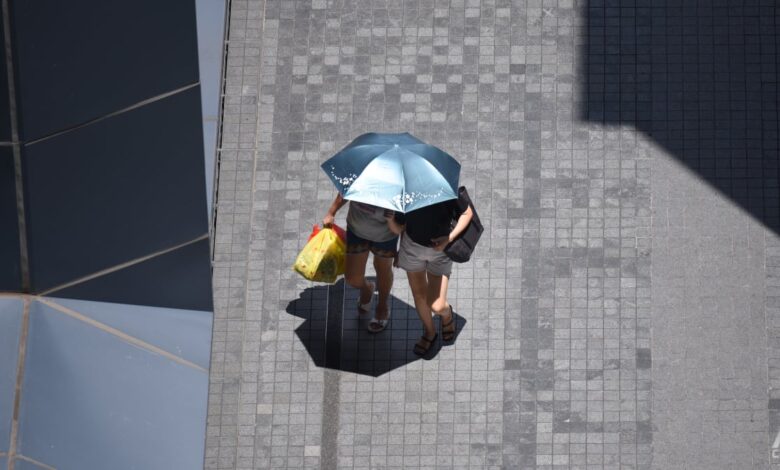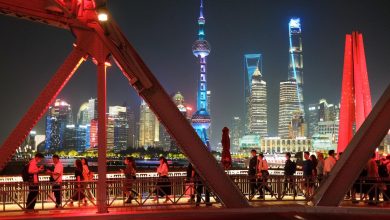Commentary: How do we make a nation that loves its air-con care about rising temperatures?

WARMING UP TO INNOVATIVE COOLING TECHNOLOGY
For office and commercial buildings, the BCA Green Mark scheme encourages designs and operations that reduce air-conditioned areas, and also sets a global standard for centralised air-conditioning systems.
Some buildings in Singapore have also started using alternative cooling technology like hybrid cooling, which uses fans in air-conditioned spaces with slightly elevated room temperatures, such as 27 degrees Celsius, potentially saving 10 to 20 per cent of energy. This includes the BCA Zero Energy Building Plus in Braddell.
Real estate developers might consider pre-installing fans in office spaces and residential units to support this initiative.
Locally, there are also many other pioneer projects that have adopted innovative cooling technologies.
In Singapore’s push for sustainability, innovative cooling technologies are making a significant impact in the management of building temperatures. The SMU Connexion Building, PSA Maintenance Base Admin Building at Tuas port and Gaia at Nanyang Technological University utilise passive displacement cooling to efficiently manage indoor climates. This system uses chilled coils and natural convection to cool a room, eliminating the need for mechanical fans. As a result, it reduces energy consumption and leads to considerable electricity cost savings for operators.
In another example, DBS Newton Green, a 30-year-old four-storey office building, has been retrofitted with hybrid solar air-conditioners.
In a hotter world, access to cooling equipment is not just a luxury, it is also a necessity, saving tens of thousands of lives globally each year.
By adopting sustainable cooling strategies and rethinking our reliance on air-conditioning, we can mitigate our contributions to rising temperatures and the urban heat island effect, paving the way for a cooler, more sustainable future.
Dr Ziwen Liu is Lecturer at School of Science and Technology at Singapore University of Social Sciences, Singapore. Dr Guang Yu Jin is Senior Manager at Building and Construction Authority, and Xiangjing Zhang is Operation Manager at BLEMS Pte Ltd.
The views expressed in this commentary are the authors’ personal opinions and do not necessarily represent the official position of any organisation.





